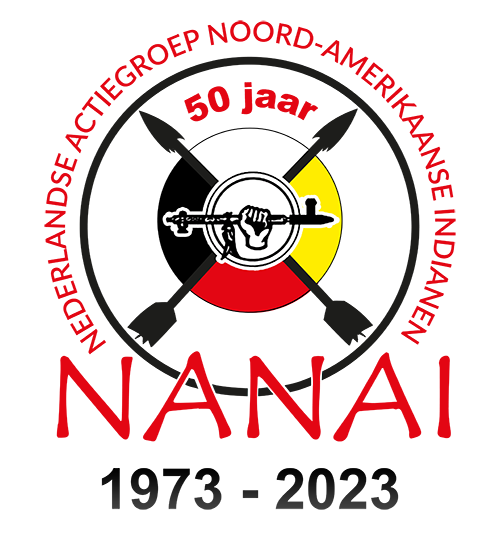WARN en Nazo
The Warrior Women Project team has been busy with important on-the-ground work and travelling and sharing the Warrior Women film, which tells the story of Madonna Thunder Hawk, Marcella Gilbert, and their ongoing activism. We have been around the United States and the world since our last blog entry: Kentucky, California, Utah, South Dakota, Minnesota, Iowa, the Florida Native Reel Film Festival, Indianer Innuit Film Festival (Stuttgart), Black Hills Film Festival, Wounded Knee Liberation Day, World Muse Conference, International Women’s Day, and the Films For Future Festival (Zurich). Our travels have delayed the update of the blog but not the important work of Women of All Red Nations (WARN) and Nazo.
As described by the Warrior Women Project’s founder and historian Dr. Elizabeth (Beth) A. Castle in her article, Women of All Red Nations (WARN) was founded in 1978 by Lorelei DeCora Means, Madonna Thunder Hawk, Phyllis Young, Allene “Chockie” Cottier, Lakota Harden, Agnes Williams, Janet McCloud, Pat Bellanger and many others in response to the reproductive health issues caused by uranium mining as well as the repeated commercialization of Indigenous culture. Today, WARN is still the most prominent Native American activist women’s organization.
In November 2019, Cheyenne Sioux Tribal Members Marcella Gilbert and Dawnee LeBeau got together and began discussing their concerns about the man camps and associated human trafficking and violence against women. Our December 24, 2020 blog highlighted the WARN Ride. Women of all ages rode together leading a riderless horse in memory of relatives who have been taken, hurt, stolen, disappeared, ignored and murdered as part of the ongoing crisis of Missing and Murdered Indigenous Women (MMIW)—also referred to as Missing and Murdered Indigenous Women and Girls (MMIWG) and Missing and Murdered Indigenous Women and Relatives (MMIWR). The ride served as a reminder that when man camps come to town the violence against Native relatives—especially women, girls, and 2 spirit people—increases.
In early February 2020, Joye Braun, provided an update on the KXL pipeline and the man camps: 10 man camps are planned along the route of the pipeline from Montana through South Dakota and Nebraska; 4 are in South Dakota where two large man camps will house 1,400 men and two small camps will house 600-800 men—this means thousands of men coming into the area. One of these camps is near Buffalo; another is 23 miles south of Opal; another is right outside the city limits of Phillip and will house 1,100 and 300 RV hookups; and another camp outside Colome. The camps are expected to be there for two years; 95% of the workers are men; and their average age is between 20-40 years of age. Men in these camps are often transient, contract based workers who do what they want in their free time. They have no investment in the land, the community, or its future. The police often take care of the men in the man camps rather than the Indigenous people they should be protecting.
Over the last few weeks, people all across the continent have organized demonstrations and actions to awaken the rest of Turtle Island to the interconnectedness between extraction corporations, the state and federal government, the damage being done to the environment, and the associated violence against women.
Nazo is continuing its critical work on multiple projects, including: witness training; presentations in local schools about human trafficking; and printing educational materials about travel safety tips, posters, etc.
